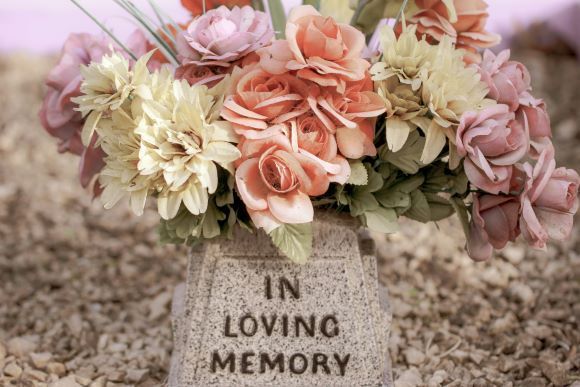163 Main St.
Pennsburg, PA 18073
Fax: 215-679-5782
Blog Layout
Signs of Grief
Falk Funeral Homes & Crematory • August 24, 2020
Grief affects everyone differently, but there are mental and physical symptoms that many people experience. We describe these symptoms to help your healing process.

Grief and accompanying depression after thinking about cremation services East Greenville, PA, is normal and usual, but so complicated.
Grief elevates the risk of health complications that need to resolve quickly and sometimes health-related problems that silently push you toward serious conditions. So, you must first understand the level, intensity, and condition of the person’s grief before you can determine if it’s normal or pathological grief.
Normal Grief
Normal grief is normally associated with sad feelings and thoughts typically come in waves or spurts following intervals of agony, low mood, and anger. Regarding this, it is usually believed that people try to maintain their self-esteem and capacity of being comforted from the pain by anticipating or theorizing pleasure and joy ahead in life.
Pathological Grief
Unlike normal grief, complicated grief is different from depression and kind of normal grief. It is a permanent or persistent form of grief and it does not heal naturally and automatically over time. It occurs when your natural feelings, thoughts, emotions, and behaviors put a step forth and interfere with your ability and the last stage of grief “acceptance of your loss”. Therefore, you continuously deny your grief and this denial leads to the risks of mental and health problems, anxiety, sleep issues, physical illness, and suicidal thoughts.
Managing Your Grief
To manage the grief
could be a herculean task, that’s why you need to understand the warning signs that indicate someone’s emotional problem dealing with grief. Because it’s important to diagnose depression and to save one’s life because a person having problems with grief management might have difficulty with his daily life as well as suicidal thoughts. So, it’s crucial to identify the signs that someone is grieving. Here we elaborate on some warning signs, that might be emotional or physical. If you notice in yourself or any other person in your surroundings, you need to step up and soothe.
Emotional Symptoms
A person who is the victim of grief will most likely show some of the following emotional symptoms. Some of the symptoms associated with complicated grief are as follows:
- Numbness
- Increased Irritability
- Bitterness
- Preoccupation with loss
- Detachment from others
Inability to show or anticipate the joy
You will find these symptoms are normal during and after a traumatic event. These symptoms can also be an alarm bell for a more serious disorder that needs to be fixed and resolve in time.
Physical Symptoms
You will be surprised that grief is not all about your emotional disturbance, it also has real effects on your body, some of the symptoms according to the University of Massachusetts at Dartmouth, are as follows:
- Fatigue
- Head pain
- Muscle problems
- Chest pain
- Trouble eating
As you have got to know about the symptoms and the intensity level of grief, it’s your responsibility to take effective action for someone or for yourself to consult a doctor or a therapist. Cremation services East Greenville, PA, can also help you process your grief.
Share
Tweet
Share
Mail
Falk Funeral Homes & Crematory Inc.
163 Main St.
Pennsburg, PA 18073
Fax: 215-679-5782
Falk Funeral Homes & Crematory Inc.
1418 Main St
Hellertown, PA 18055
Fax: 610-838-7922










